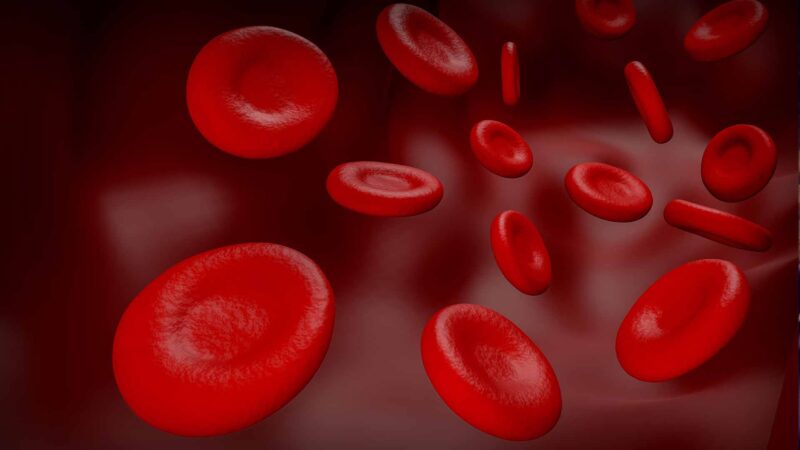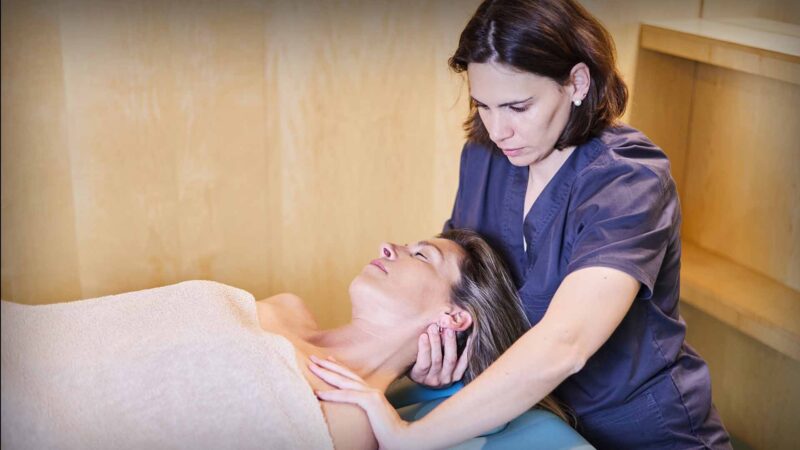In March 2022, the Australia government announced $350 million of funding over 4 years to employ on-site pharmacists in residential aged care, starting July 2023. In April 2023, the government made changes to the proposed on-site pharmacists, where the new program will now be delivered by and through community pharmacies. Regardless of how the model will be implemented, the goal remains the same – to improve quality use of medicines and medicines safety for aged care residents.
While it is relatively easy for pharmacists to monitor and manage some types of medicine harms (e.g., due to use of inappropriate medicines), many medicines can cause “milder” harms (e.g., poor balance, sedation) that are difficult to detect without the right tools. Left unmanaged, these “milder” harms can lead to serious adverse events such as injurious falls, according to Pharmacist Julian Soriano talking to Australian Health Journal.
In a joint project between UniSA, Tanunda Luteran Home, Flinders University and UNSW, a digital solution has been used to create an evidence-based, medicines use model to assist pharmacists (on-site aged care or community pharmacists) with actively monitoring medicine harms.
An interdisciplinary team at the University of South Australia (UniSA), University of New South Wales (UNSW) and Flinders University is currently implementing the TeleClinical Care (TCC) platform incorporating data from a suite of digital technologies to enable pharmacist at the Tanunda Lutheran Home (where Julian Soriano works) to actively monitor their aged care residents.
The ARIIA funded project is being conducted in two phases:
i) Phase 1 involves developing protocol to extract data from digital technologies (e.g. activity trackers, sleep tracking mats) into the TCC platform. The core of the existing TCC platform is a dashboard that includes longitudinal visualisations of changes in residents’ health and well-being over time. Other existing data sources collected in residential aged care will be uploaded to the dashboard, including medicine use (e.g. medicine changes, sedative load), clinical care record (e.g. bowel movement) and adverse events (e.g. falls, hospital admission).
ii) Phase 2 involves a pre-post implementation study over 12-weeks, with 30 residents recruited from the Tanunda Lutheran Home. The selected digital technologies will first be installed for all enrolled residents who provided written consent. Enrolled residents will also be asked to use an activity tracker. Prior to service provision, two weeks’ baseline data will be collected from the digital technologies; the data will serve as reference point for future changes. Pharmacists will monitor all participants using the centralised TCC dashboard.
As Soriano states, “A platform like this is going to make that job much more streamlined. And the use of sensors such as a sleep tracker and activity tracker is also going to help provide the pharmacist with more information to be able to make more informed decisions, more informed recommendations for residents, their families and their treating GPs.”
The current workforce challenges in aged care are not forgotten and Soriano expresses hope, that “this platform won’t increase the burden on residents and the staff there in terms of gathering this information. Hopefully this will be quite streamlined and automatic and there won’t be a real big service change for the already overworked nurses and residents living in aged care would just be able to live and not have to worry constantly about being poked and prodded.”
You Might also like
-
Improved treatment in advanced-stage Hodgkin lymphoma
A global clinical trial successfully reduced toxicity and side effects in advanced stage Hodgkin lymphoma patients by using a modified treatment regimen.
Australian Health Journal spoke with Professor Mark Hertzberg in his role in the ALLG HD10 Clinical Trial and as a former Chair of the Scientific Advisory Committee of the Australasian Leukaemia & Lymphoma Group (ALLG), an organisation involved in improving the treatments and lives of blood cancer patients.
-
Improving access to osteopathic services and integrated care models
The Chief Executive Officer of Osteopathy Australia, Antony Nicholas spoke with Australian Health Journal about:
– Involvement in the Strengthening Medicare Task Force
– The unique skills osteopaths have that can address the chronic disease burden
– Current workforce issues around osteopaths and if enough are coming through via student placements
– How uploading data to My Health Record by osteopaths could assist team-based care of patients
– How the value of osteopaths in Residential Aged Care Facilities (RACFs) could be better understood and better access for residents
– The recommendations around aged care access to allied health services, including osteopathy
– The recommendations around consumer access to osteopaths and GP referrals
– Other osteopathy recommendations in the upcoming Federal BudgetIn the lead up to the Australian Federal Budget in May 2023, Australian Health Journal reached out to peak health industry bodies to hear about their priorities, either noted in pre-budget submissions lodged with Federal Government in January 2023 or in recent forums such as the Strengthening Medicare Taskforce.
-
New treatment options under investigation for pelvic organ prolapse
Dr Shayanti Mukherjee, Research Group Head, Translational Tissue Engineering at the with her team at Hudson Institute of Medical Research is developing new ways to prevent and potential cure pelvic organ prolapse (POP). The technology aims to ultimately lead to safer and more effective treatment for women with pelvic organ prolapse (POP) using a woman’s own stem cells to boost the effectiveness of a degradable mesh.



